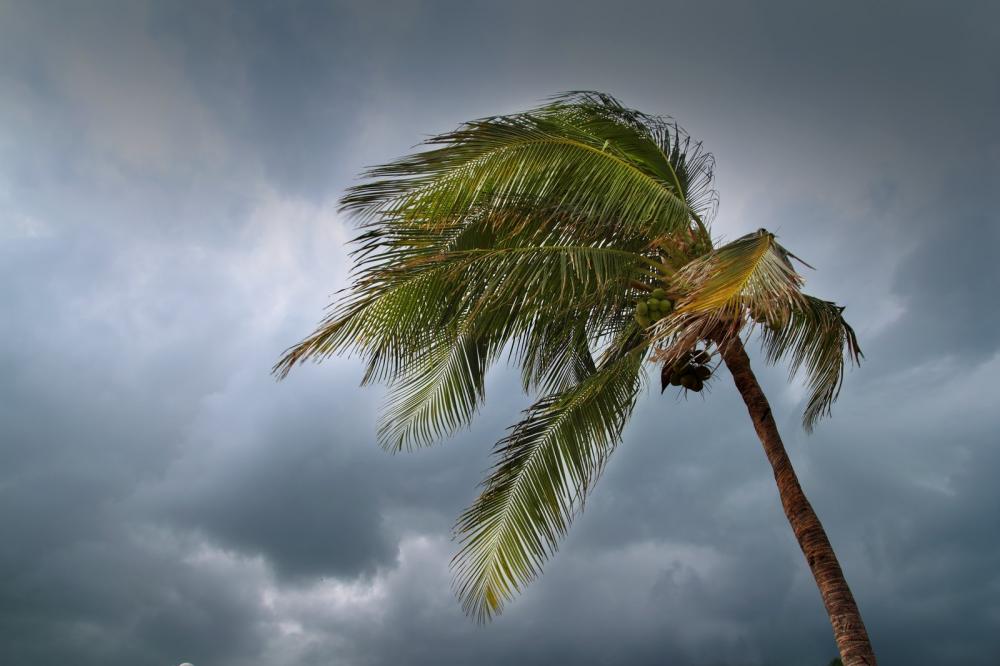When the hurricanes hit the southern United States in the past few weeks, the needs of the many were also the needs of the few. Everyone in the affected areas seemed to need help of some kind. While the state and federal government began to survey the damage and help those who are stuck, homeowners scrambled for help. Images of the elderly being shuffled from shelter to shelter as the hurricane Irma changed paths were a common theme on late night cable news. Stories of a baby born at home in the storm went viral as stories of unanswered 911 calls made their rounds. Added to this mix of human-interest stories, for the first time, were the stories of hundreds of people in treatment centers, sober homes, and other recovery programs. Experts, time and time again, have warned that the trauma of such a momentous storm may cause relapse for those in early, fragile stages of recovery. Some facilities prepared to help these people during the storm, while other programs had no plans in place for a natural disaster at all.
According to Palm Beach County Fire Rescue, two people overdosed at an evacuation shelter at Park Vista High School on Sunday night during hurricane Irma. After the overdoses, first responders had to venture out into the dangerous storm to transport them to local hospitals. Other residents had noticed that some of the people at the shelter appeared “wobbly,” but there were also fears of violence or other dangers surrounding addiction. In many places, addiction carries that type of stigma, and many evacuees were simply scared to check if the people who appeared high were okay.
Palm Beach County is home to hundreds of drug recovery residences, and many of the people who are in residence there come from out of state, according to the Sun-Sentinel. State Attorney Dave Aronberg, who leads the Palm Beach County’s sober homes task force, said he thinks more regulations need to be placed on sober homes requiring them to have emergency plans. Right now, sober homes managers don’t even have to notify the county if they are sending their residents to shelters. He believes it leaves community shelters unprepared.
“This is something that I don’t think people thought of in advance,” Aronberg said. “What happens during a natural disaster?”
In Delray Beach, Florida, where there are a large number of sober homes, the devastation was brutal. Many of the homes are unlivable, and the individuals who once lived in sober homes have been dropped off at shelters in the community. Mr. Aronberg told reporters that shelters understand the issue, and have been equipped with extra Narcan in case of overdoses. It’s not clear if any treatment professionals accompanied the residents of the sober homes or how many of them were forced to shelter without help.
Other much-needed recovery tools were more readily accessible during the hurricane. Methadone programs are highly regulated by the federal government much like hospitals and other medical facilities. Be cause of this, they are required to have disaster emergency plans. Florida, in cooperation with federal authorities, granted methadone clinics the ability to provide up to five days of medication ahead of Hurricane Irma. Needle exchange programs in Florida also handed out extra needles and doses of naloxone. Being prepared for an emergency, they told the news, saves lives.
In Texas and Louisiana, during hurricane Harvey, methadone clinics were also allowed to help some patients by sending them home with several days’ doses of methadone. Some people were able to receive it from shelters or from alternative facilities as well.
People outside of the predicted paths of the storm on methadone and suboxone, however, were left to fare on their own. There are many stories of people in the storm’s path who ran out of methadone and were forced into a cold-turkey detox they were not expecting. Just like many others in who ended up victims of these enormous storms, people are being left to fend for themselves in these emergencies.
If you are in an area affected by the hurricanes and you need help – the best suggestion available right now is to contact your sponsor or your local 12-step meeting’s helpline. Contact an AA Hotline to find out what meetings are functional or your local NA group.



Leave A Comment
You must be logged in to post a comment.